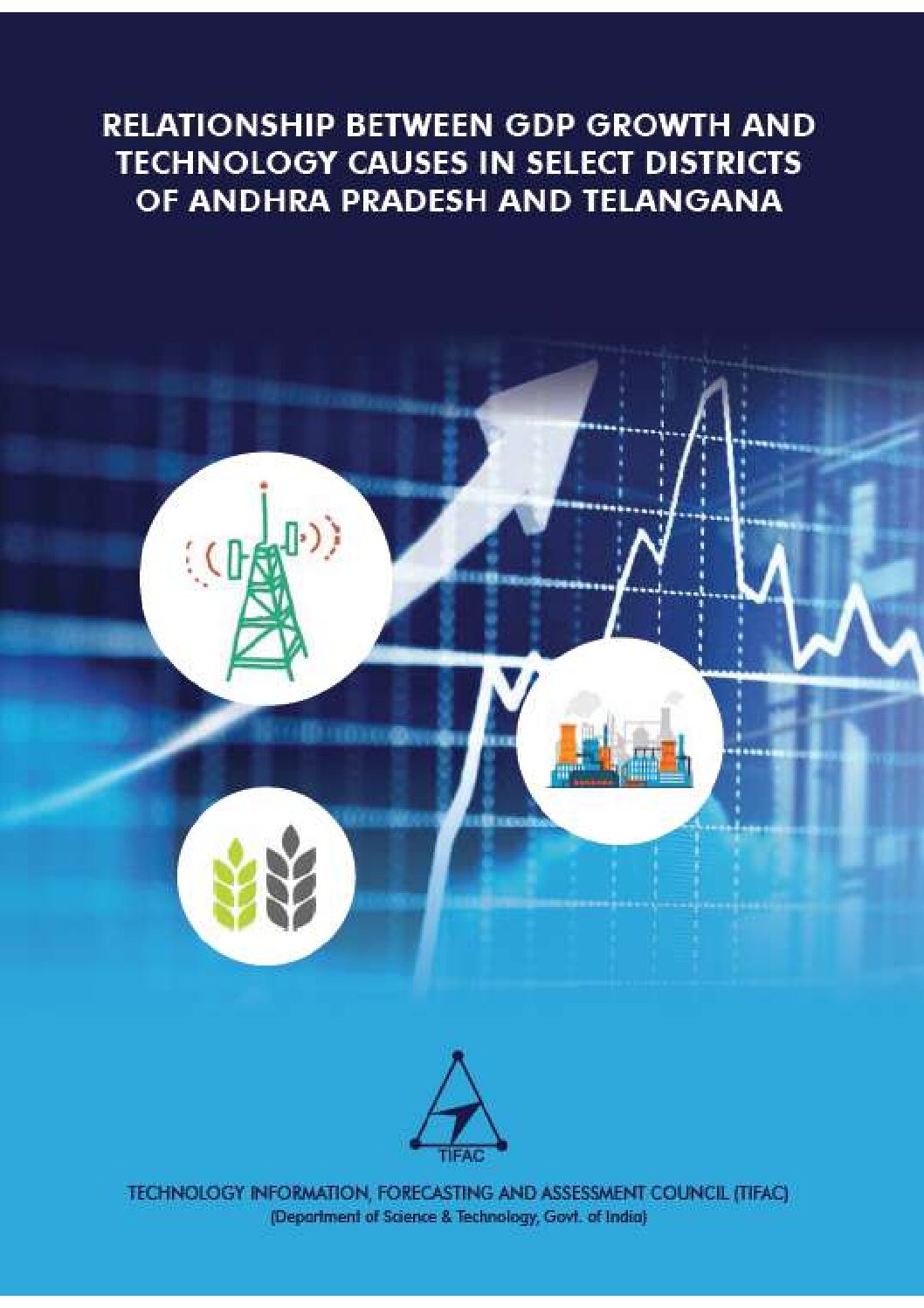Description
Executive Summary
In this study, an attempt has been made to create a foundation to conserve available biodiversity and encourage sustainable agricultural practices across different regions in various agroclimatic zones of Karnataka. The present study attempted to understand agro-biodiversity, its change and its direct and indirect impacts at a micro level. Three regions from three different agro-climatic zones were explored for the study. The study indicated that the tradition of conserving the traditional seed varieties was no more a habit of farmers. When subsidy on hybrid varieties was provided, more farmers preferred to buy seeds rather than store their seeds. This was especially true for small land holders who did not have the means to store seeds. Presence of local gene banks for the conservation of the seeds at the village level could be a good option to ensure the conservation of agro-biodiversity at the village level .It highlighted how traditional landraces managed to survive in a few regions while were totally lost from other regions. It also highlighted how a few varieties managed to survive over a time while others ceased to exist. The reasons for both the loss of varieties and existence of other varieties could be an interesting study.
A definite shift in cropping pattern was observed in the study region. This shift can be attributed to more economic benefits from the newly introduced crops when compared withthe traditional crops. For instance, it was observedin the study area that the pomegranate was cultivatedbecause of promising economic benefits. However, the provisioning of services from pomegranate fields are lower than that obtained from the fields under main crop cultivation. Hence, much deeper research was required for sustainable production of economically important crops for achieving sustainable ecological development with livelihood enhancement.
The general trend in agricultural land use showed that farmers were mostly interested in short term, high gain crops. In floriculture, it was observed that the prevailing situation was beneficial to the local farmers who were looking for quick returns and a secure supply of fresh flowers for various purposes. The results of the study emphasized further the need of such studies across the country to create a library of traditional landraces in the country, conserve landraces that have managed to exist over time, devise means by which lost landraces can be restored, and suggest policy level interventions to the government ensuring the sustenance of traditional landraces.
Based on this study it is argued that for land use related studies mixed approaches or methods could be more meaningful. In a mixed approach, a strong ground data assemblage with remote sensing data could provide higher accuracy information compared with the survey-based method generally followed by the researchers or the government agencies. In addition, the Indian government organizations, research and teaching institutions need to prioritize the use of remote sensing as a tool in conducting the field research. This could ensure an efficient utilisation of space technology for generating accurate data. The state remote sensing agencies need to make thematic data affordable to government organisations and institutions as part of facilitating better research outcomes.
Another important aspect highlighted was the need to protect and improve soil health. Indiscriminate use of fertilizers by farmers is affecting local soil health directly and local water resources indirectly. Awareness camps should also be conducted on other aspects like conservation of local resources with specific emphasis on water conservation. With irrigation facilities and extensive exploitation of ground water, pressure on water resources is increasing. There is a need to create check and balance on water utilization. With extensive mono-cropping in most regions, there were increased pest attacks on crops. Other than ensuring increased mixed cropping, there is a need to promote integrated pest management instead of the current practice of use of pesticides. This will ensure long term soil fertility and reduced dependency on high cost pesticides. Training on both fertilizer and pesticide use on a regular basis is a must to ensure there is limited degradation of soil fertility.
Based on the present study, few recommendations were put forth for the study area viz:workshopsto be conducted among farmers to disseminate information on environmental issues and its adaptation strategies, farmers should be made aware of the crop varieties and management systems that do well under a broad range of soil and climatic conditions. Information on stress resistant crop varieties has to be provided to farmers in the semi-arid area, farmers should be encouraged to take up cropping practices like agro-forestry and mixed cropping to minimize the risk due to crop failure, Efficient capture, storage and utilization of rainfall through the adoption of appropriate soil and water conservation practices, the provision of irrigation, and the use of systems and practices with high use efficiency should be promoted, use of chemical fertilizers should be minimized and replaced by organic fertilizers, animal excreta and manures, pest management techniques that involve less use of pesticides should be adopted, awareness on local traditional varieties which are suitable to fight against climatic shocks has to be provided to farmers. The government should also look at the feasibility of providing subsidy for landraces/traditional varieties along with hybrid varieties, monoculture pattern has to be reduced to bring back the food land with intermixed cropping with Commercial, traditional, horticulture, silviculture and floriculture practices, incentives have to be given to farmers for conserving the seeds at local level as it would promote both in situ and on farm conservation.






Reviews
There are no reviews yet.